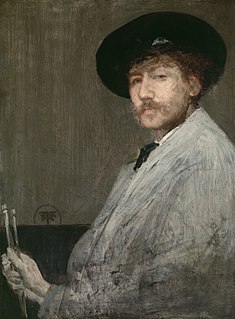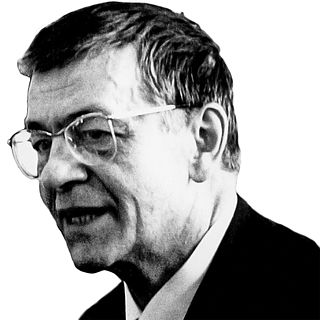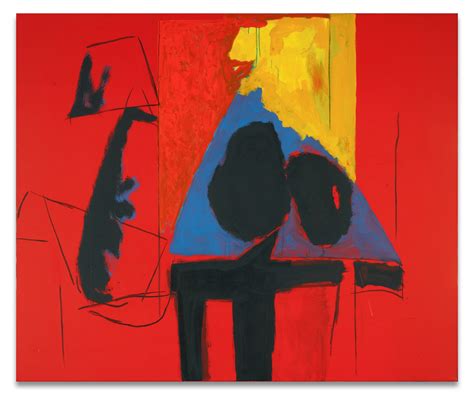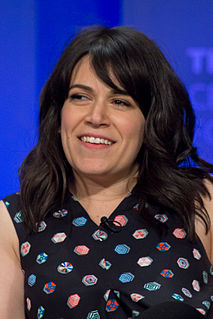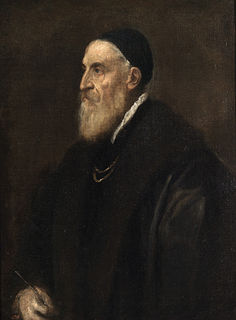A Quote by James Whistler
We look at a painting to know the painter; it's his company we are after, not his skill.
Related Quotes
Christians belive in a sovereign God who never says "Oops". We believe that all our days ... are divine strokes on the canvas of our lives by the Master Artist who certified his skill, his power, and his love in the Masterpiece of Calvary. If you doubt His skill in painting your life - look at the Calvary
A lot of young painters love to incorporate celebrity. One idea of being a painter is to use what's happening at the time. Velázquez was painting of his time. And so was Rembrandt. And Francis Bacon was painting his time in London. He was a real mover, but he saw the insect in the rose. But yes, when I do a painting, I want to take the "I did this" out of it. That's why I started using chance, like the markings on the wood. I never wanted to compose.
A man is known by the books he reads, by the company he keeps, by the praise he gives, by his dress, by his tastes, by his distastes, by the stories he tells, by his gait, by the notion of his eye, by the look of his house, of his chamber; for nothing on earth is solitary but every thing hath affinities infinite.
We're all so clogged with dead ideas passed from generation to generation that even the best of us don't know the way out We invented the Revolution but we don't know how to run it Look everyone wants to keep something from the past a souvenir of the old regime This man decides to keep a painting This one keeps his mistress He [ pointing ] keeps his garden He [ pointing ] keeps his estate He keeps his country house He keeps his factories This man couldn't part with his shipyards This one kept his army and that one keeps his king
In Holman Hunt's painting, "The Light of the World, "Christ is shown in a garden at midnight, holding a lantern in His left hand. With His right hand He is knocking on a heavily paneled door. When the painting was unveiled, a critic remarked to the painter, "Mr. Hunt, the work is unfinished. There is no handle on the door." "That," Hunt answered, "is the door to the human heart. It can be opened only from the inside."
Emile Saint-Blague had been a lively, versatile painter in his youth, but he had abused his energy by painting too many pictures; so that in what might have been the ripe period of his art he had nothing left but ideas. A man who has nothing left but ideas may be of great service to his friends, but he is of no use at all to himself. Emile was certainly an inspiration to his friends.
Not every painter has a gift for painting, in fact, many painters are disappointed when they meet with difficulties in art. Painting done under pressure by artists without the necessary talent can only give rise to formlessness, as painting is a profession that requires peace of mind. The painter must always seek the essence of things, always represent the essential characteristics and emotions of the person he is painting.
